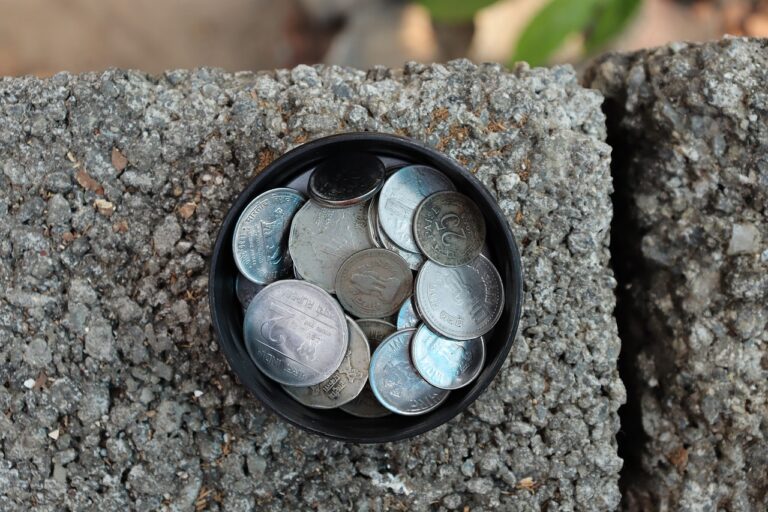The Business Case for Investing in Sustainable Timber and Wood Products: Diamond exchange, Sky99exch com login, Www.reddy book.club login
diamond exchange, sky99exch com login, www.reddy book.club login: In today’s business landscape, sustainability is no longer just a buzzword – it’s a necessity. As consumers become more conscious of their environmental impact, businesses are feeling the pressure to operate in a more environmentally friendly manner. One industry that is ripe for sustainable transformation is the timber and wood products industry.
Investing in sustainable timber and wood products not only benefits the environment but also makes strong business sense. Here’s why:
1. Green Credentials: By sourcing timber and wood products from sustainable sources, businesses can showcase their commitment to environmental responsibility. This can help attract eco-conscious consumers and clients who prioritize sustainability in their purchasing decisions.
2. Market Demand: With the rise of eco-friendly movements and increasing awareness about deforestation, there is a growing market demand for sustainable timber and wood products. Investing in these products can help businesses tap into this lucrative market segment.
3. Long-Term Viability: Sustainable forestry practices ensure the long-term viability of forests by promoting responsible harvesting and reforestation. This not only secures a steady supply of timber and wood products for the future but also contributes to the preservation of biodiversity and ecosystem health.
4. Regulatory Compliance: Many countries have stringent regulations in place to govern the harvesting and trade of timber and wood products. Investing in sustainable practices ensures that businesses comply with these regulations, avoiding legal risks and penalties.
5. Reputation Management: Sustainability is increasingly becoming a key factor in shaping a company’s reputation. Investing in sustainable timber and wood products can enhance a business’s image and differentiate it from competitors who may not prioritize sustainability.
6. Cost Savings: While there may be initial investments required to transition to sustainable practices, in the long run, businesses can benefit from cost savings. Sustainable forestry practices can lead to increased efficiency, reduced waste, and lower production costs.
FAQs:
Q: Are sustainable timber and wood products more expensive?
A: While sustainable timber and wood products may have a slightly higher upfront cost, the long-term benefits and cost savings outweigh the initial investment.
Q: How can businesses ensure the sustainability of their timber and wood products?
A: Businesses can ensure sustainability by sourcing from certified sustainable forestry operations, implementing responsible harvesting practices, and supporting reforestation efforts.
Q: What are some examples of sustainable timber and wood products?
A: Examples include FSC-certified lumber, reclaimed wood, bamboo flooring, and eco-friendly wood finishes.
In conclusion, investing in sustainable timber and wood products is not just a moral choice – it’s a smart business decision. By aligning with consumer preferences, complying with regulations, and securing long-term viability, businesses can reap the benefits of sustainability while making a positive impact on the environment.







